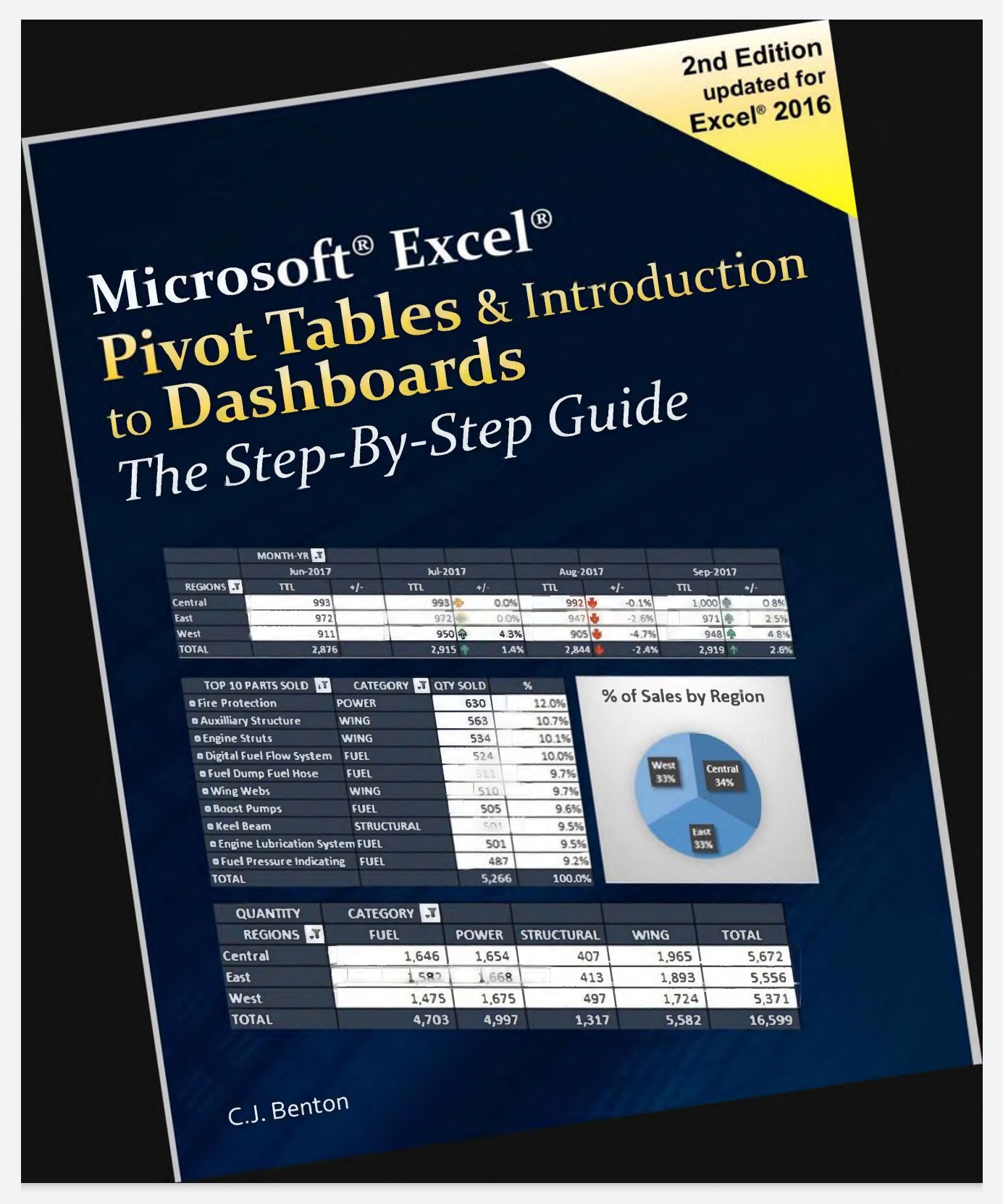5 Ways Pivot Tables Differ: Excel vs Google Sheets

Introduction to Pivot Tables

When working with data in spreadsheets, pivot tables are essential tools for data analysis, summarization, and reporting. These dynamic summaries offer various ways to organize and analyze large datasets, making them indispensable for professionals across different industries. Excel and Google Sheets, two of the most popular spreadsheet applications, provide pivot table functionalities with their unique features and limitations. Here’s an in-depth look at how pivot tables differ in Excel vs. Google Sheets.
User Interface and Accessibility

The first notable difference is the user interface and accessibility:
- Excel: Known for its comprehensive and complex UI, Excel offers a full suite of pivot table capabilities. The pivot table wizard is accessible from the ‘Insert’ tab, providing a guided process to create and customize tables.
- Google Sheets: Google Sheets adopts a more user-friendly approach with a simpler interface. You can create pivot tables from the ‘Data’ menu, focusing on ease of use, which might appeal to beginners or those looking for straightforward functionality.
An interesting aspect of Google Sheets is the real-time collaboration, allowing multiple users to edit pivot tables simultaneously, which Excel only offers through co-authoring in Office 365.
Feature Set and Functionality

The feature set and functionality between the two platforms are distinct:
- Excel:
- Complex Calculated Fields: Excel allows users to create calculated fields within pivot tables, enabling custom formulas for analysis.
- Slicers for Filtering: Excel’s slicer feature provides an interactive way to filter pivot table data.
- Conditional Formatting: Users can apply conditional formatting to pivot tables for better visualization of data patterns.
- Google Sheets:
- Filter Views: Google Sheets uses filter views for controlled data analysis that do not alter the underlying data.
- Automatic Recalculation: Google Sheets updates pivot tables automatically whenever data changes, ensuring the most current information is always displayed.
| Functionality | Excel | Google Sheets |
|---|---|---|
| Calculated Fields | Yes | No |
| Slicers | Yes | No |
| Conditional Formatting | Yes | Limited |
| Automatic Recalculation | No | Yes |
| Filter Views | No | Yes |

📝 Note: While Excel's advanced features are useful for in-depth analysis, Google Sheets excels in real-time collaboration and automatic updates.
Data Source and Compatibility

The data source handling and compatibility features differ:
- Excel: Excel can connect to external data sources like databases or cloud services through data connections, making it robust for data integration. It also supports multiple data sources for a single pivot table.
- Google Sheets: Google Sheets uses Google Drive as its primary data source, offering seamless integration with Google’s ecosystem. However, it has limitations in connecting to external databases or data sources.
Advanced Data Analysis Tools

Here are the differences in advanced data analysis tools:
- Excel: Excel has access to Power Query and Power Pivot, powerful tools for transforming data and creating data models, respectively.
- Google Sheets: Google Sheets does not have direct equivalents to these tools, focusing instead on simplicity and ease of use. It does provide integration with Google’s BigQuery for big data analysis.
Customization and Style

Customization options also set these two platforms apart:
- Excel: Offers detailed control over pivot table layouts, styles, and formatting. Users can customize nearly every aspect of the pivot table, including report layouts, cell styles, and conditional formatting rules.
- Google Sheets: While customization options exist, they are less extensive. Google Sheets provides a set of pre-defined styles and color themes, with limited options for deeper customization.
After diving into how pivot tables differ in Excel versus Google Sheets, it's clear that each platform has its strengths. Excel's advanced features cater to users needing complex data manipulation and in-depth analysis, whereas Google Sheets shines with its real-time collaboration and ease of access. Each tool offers unique capabilities that could influence your choice depending on your specific data analysis needs.
Can I use pivot tables to analyze large datasets?

+
Yes, both Excel and Google Sheets can handle large datasets with pivot tables, but Excel is better equipped to manage extremely large datasets due to features like Power Pivot.
Which tool is better for real-time collaboration?

+
Google Sheets is designed for real-time collaboration, making it superior for teams who need to work on data analysis simultaneously.
How do I refresh a pivot table in Google Sheets?

+
Google Sheets updates pivot tables automatically when the data changes. However, if you manually alter the data source, you can use the refresh option under the ‘Data’ menu or right-click on the pivot table and choose ‘Refresh’.



